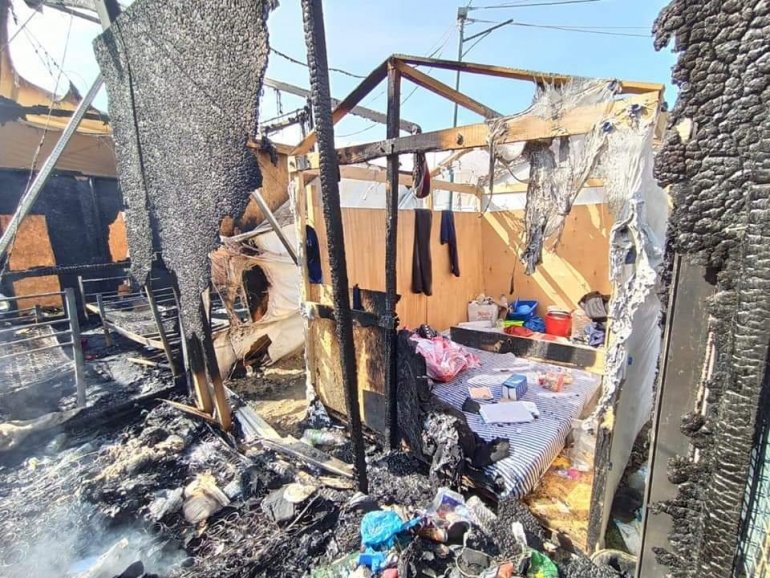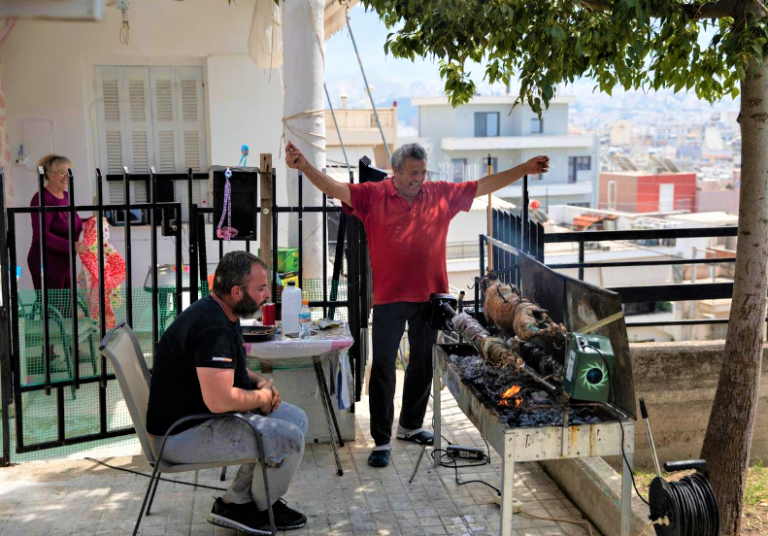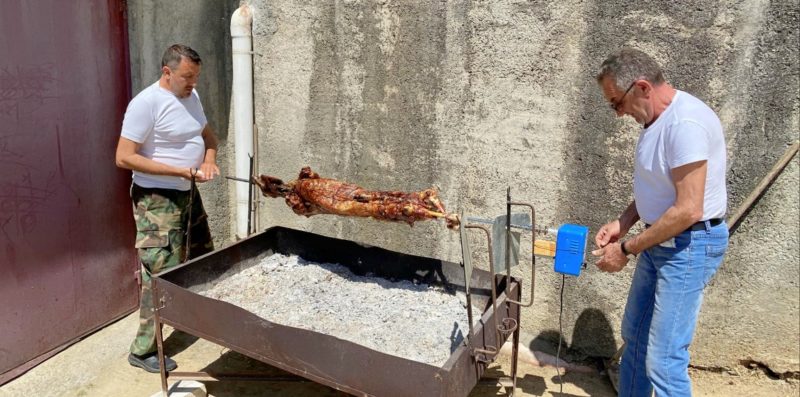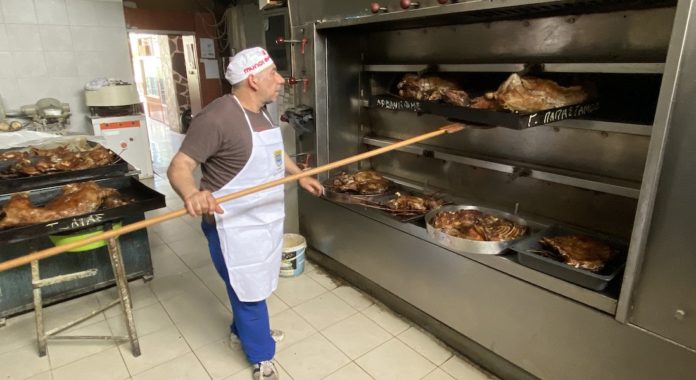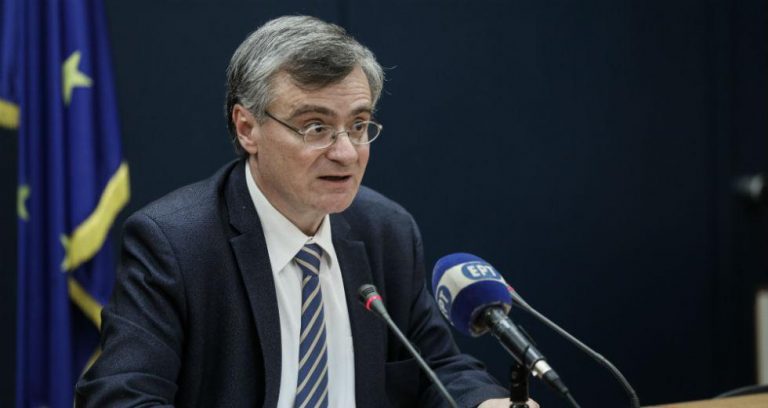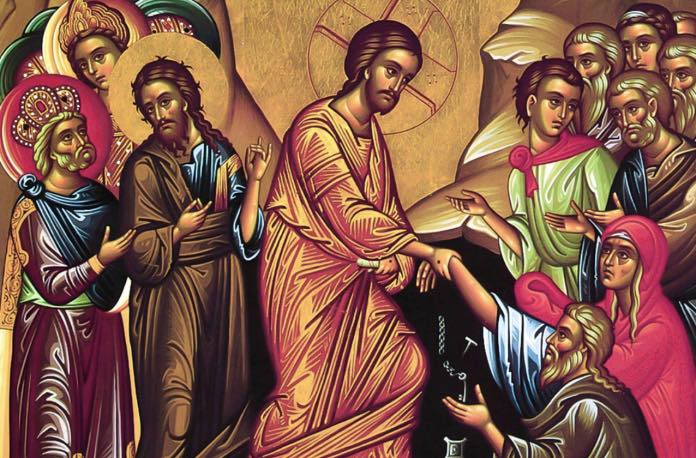Turkey’s confirmed coronavirus cases have risen to 86,306, the highest total for any country outside Europe or the United States.
An increase of 3,977 cases in the last 24 hours also lifted Turkey’s confirmed tally above that of China, where the coronavirus first emerged.
According to Turkey’s Health Minister, Fahrettin Koca, 127 more people have died, taking the death toll to 2,017.
“A total of 11,976 people have recovered from coronavirus so far, and the number of tests carried out over the past 24 hours came to 35,344,” Mr Koca said.

Turkey’s infection rate has reportedly dropped from 15 percent to 9 percent in the past week, although many medical professionals have challenged the Health Ministry’s official figures, saying that the true number of cases and deaths are far higher than reported.
Further suspicion was raised after observers noticed the Turkish government’s tallies between COVID-19 deaths and the total numbers of cases have increased at a constant fixed rate for at least 10 days.
Turkey’s coronavirus measures:
- The first case of coronavirus was reported in Turkey on March 11.
- By March 16, the government had closed schools and universities, pavilions, bars and night clubs and a nationwide ban on prayer gatherings in mosques was also imposed.
- Starting with Iran, Turkey had closed flights between 68 countries by the end of March and closed most of its land borders.
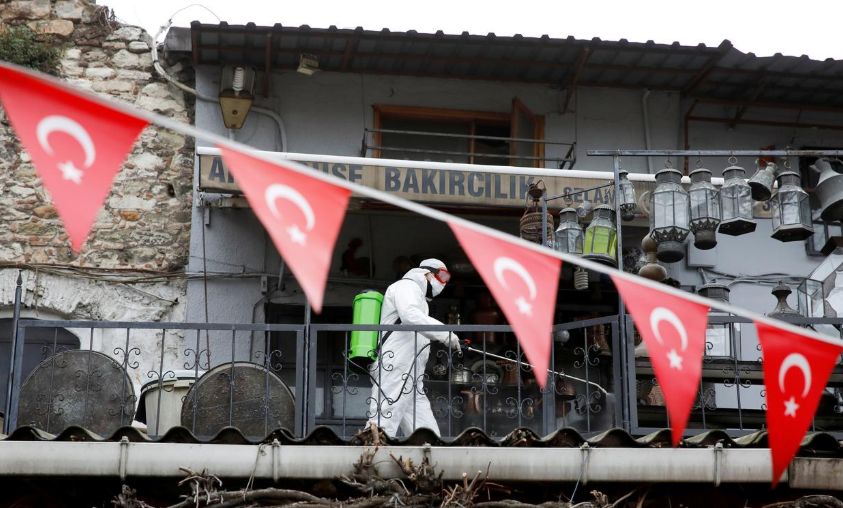
- On March 21, a total curfew was introduced for anyone over the age of 65. On April 3, that curfew was extended to people younger than 20 years old and using masks in public places became mandatory.
- All vehicles, aside from essential deliveries, were also banned from entering Istanbul and 30 other cities.
- Streets were also being regularly sanitised and hand sanitiser dispensers had been installed in public areas and on public transport.
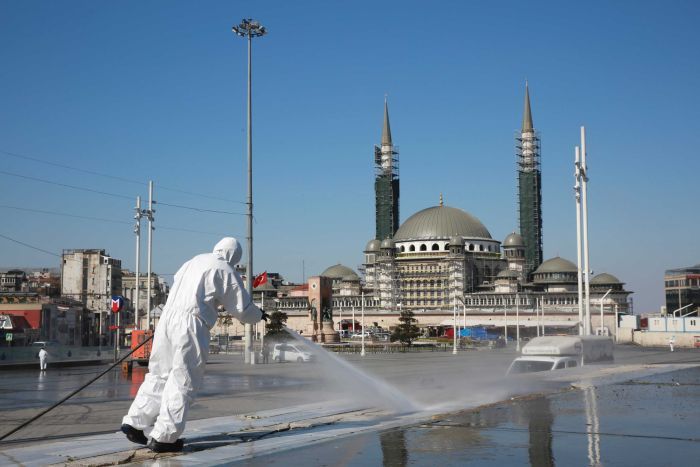



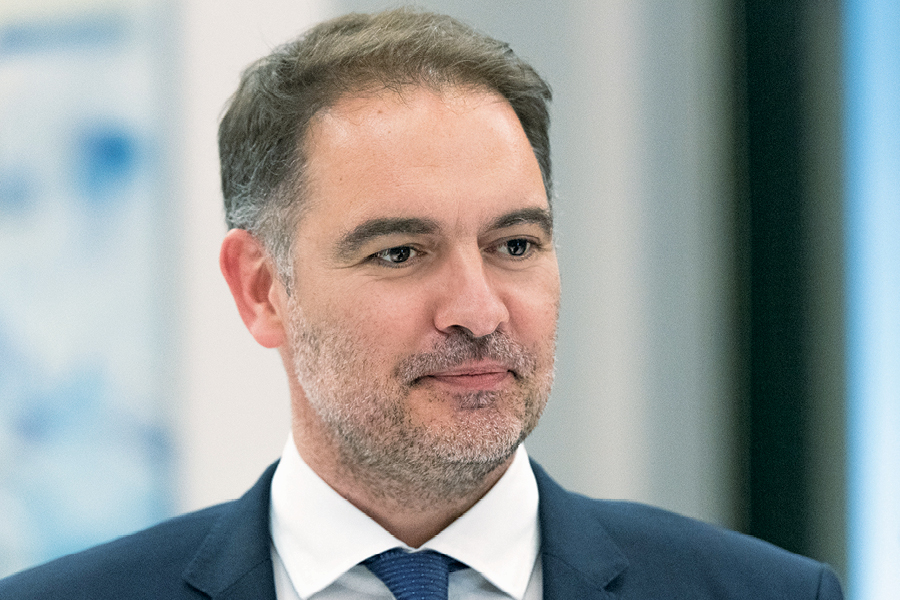
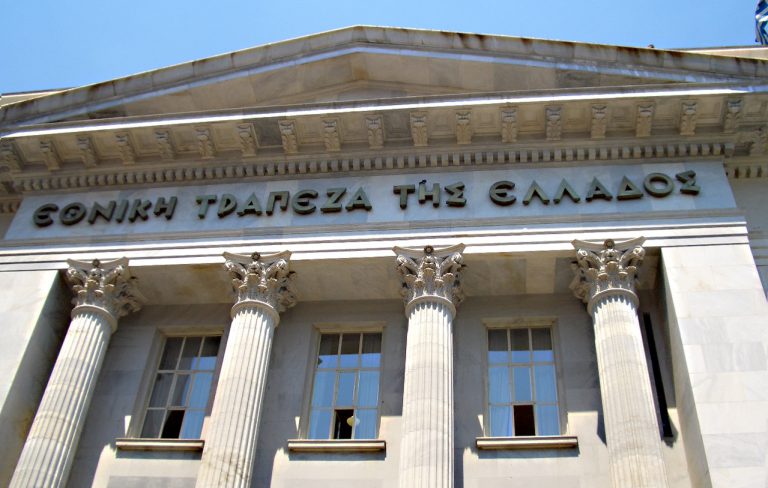
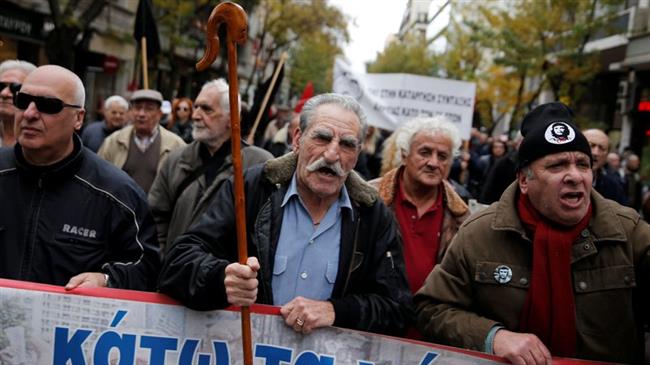

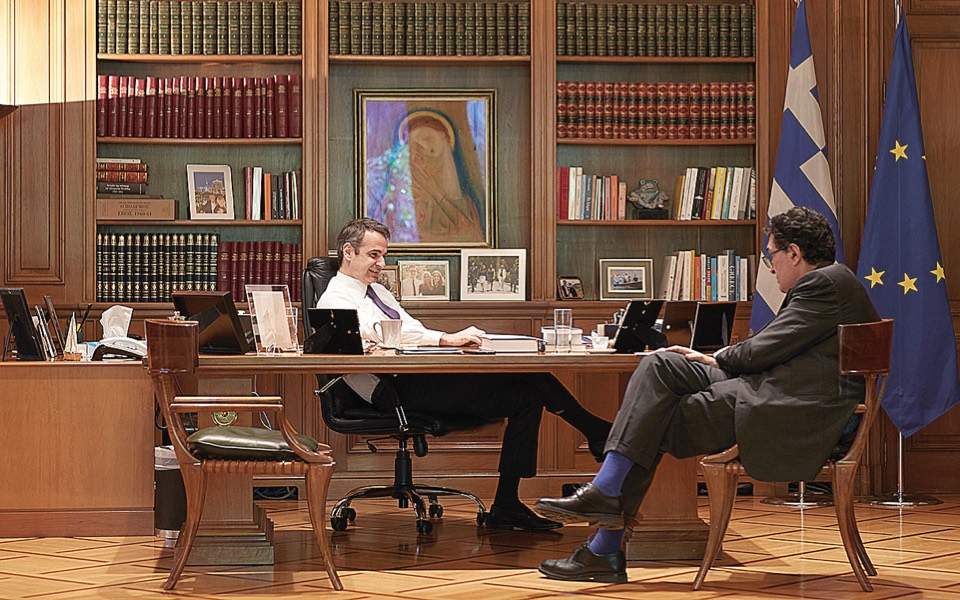
![Fire tears through Greek refugee camp after coronavirus protest [VIDEO] Fire tears through Greek refugee camp after coronavirus protest [VIDEO]](/wp-content/uploads/2020/04/Camp-Fire-TOP-1.png)
